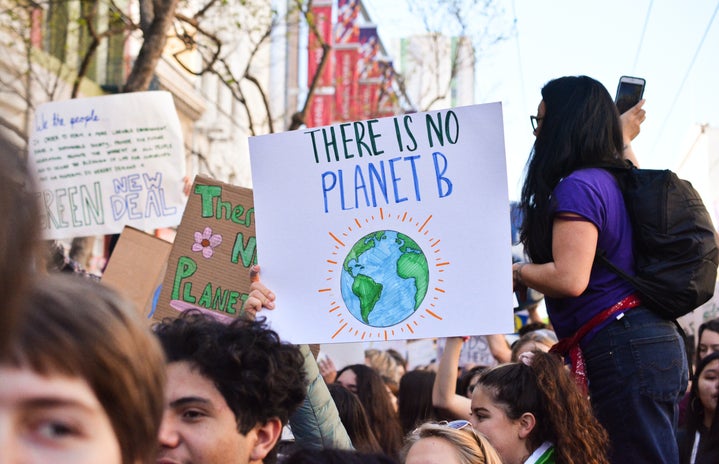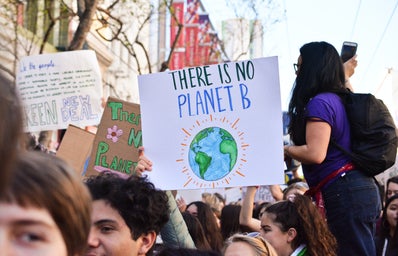After the release of the Intergovernmental Panel on Climate Change (IPCC) report in August 2021, many are calling for immediate climate action to save the planet. With sustainability and environmental justice being buzz words surrounding the climate crisis, the Slow Living Movement has also become a big topic of discussion. But what exactly is Slow Living? The Slow Living Movement is a social and environmental movement which calls for people to slow down by cultivating a lifestyle that encourages self-awareness, intention, and purpose in their everyday lives. The movement encourages individuals to make ethical decisions and purchases that benefit them, their community, and the planet. At its core, the movement calls for people to slow down and enjoy life in the most meaningful and conscious way possible.
Even though Slow Living may seem like a new and trendy movement to some, this is something that has originated in the 1980s in Italy and was originally called the “slow food movement”. This movement began with Italians defending their local food traditions and restaurants due to a McDonald’s fast-food restaurant opening in the city of Rome; something which then sparked the rise of the movement we know today as the “Slow Living Movement”. This movement has morphed into a lifestyle and a mindset that many people follow by curating more meaningful lives.
Despite how it is portrayed in the media, Slow Living enthusiasts do not need to live off the grid or reject social media and technology, and do not resemble stereotypical ‘hippies’ from the 60s, nor is it some sinister plot to get people to return to the Stone Age. Rather, the movement calls for more ethical practices under a capitalistic society. For example: it is completely normal under capitalism to encourage people to follow hustle culture whereby people are encouraged to feed into the notion of “no off days”, often to their detriment because they are left feeling stressed and overwhelmed. Slow Living calls for people to slow down and work in a way that benefits their overall wellbeing. Another example of how Slow Living combats capitalism is by encouraging people to be more conscious consumers by supporting small business and local farmers, as it was found that most large businesses exploit workers and contribute to the climate crisis to make more money. This has been seen in cases of exploitation of garment workers in Bangladesh, who often earn less than minimum wage. By being able to slow down and simplify your life, Slow Living promotes the idea of reflecting on the reasons for purchasing products which often helps people avoid unnecessary spending and ultimately reduces their waste and carbon footprints.
So, how exactly can you practice Slow Living? The first step is to live your life according to your values. If it is a value of yours to lessen your carbon footprint, it can be part of your lifestyle to support local farmers, sustainable brands and lessen your usage of single-use products such as plastic straws, cotton pads and single-use period products such as pads and tampons. The second step is to be more self-aware; by being aware of what you need in terms of sleep, mindfulness and screentime, you can make your daily routine work for you by prioritising your wellbeing. When you are more self-aware it becomes easier to gauge when your body needs a break from work, when you need more sleep and when you need time to relax. Most important of all, by becoming more engaged with the communities and businesses around us, we can create meaningful connections with them. In doing so, people can appreciate the time and effort small businesses take into creating their products, people are able to appreciate the benefits of spending time in nature and becoming more aware of their impact on those around them.
Embracing Slow Living means striving for living life on your own terms, according to their need for rest and relaxation. It asks people to step back and question the way they engage with the world. Living slowly asks people to be more conscious of their impact on the environment, the impact of their support of businesses and brands, and to be more conscious of their own needs and requirements for maintaining their own well-being. So, if you don’t like the way you’re engaging yourself, others, and the planet, why not take the plunge?


